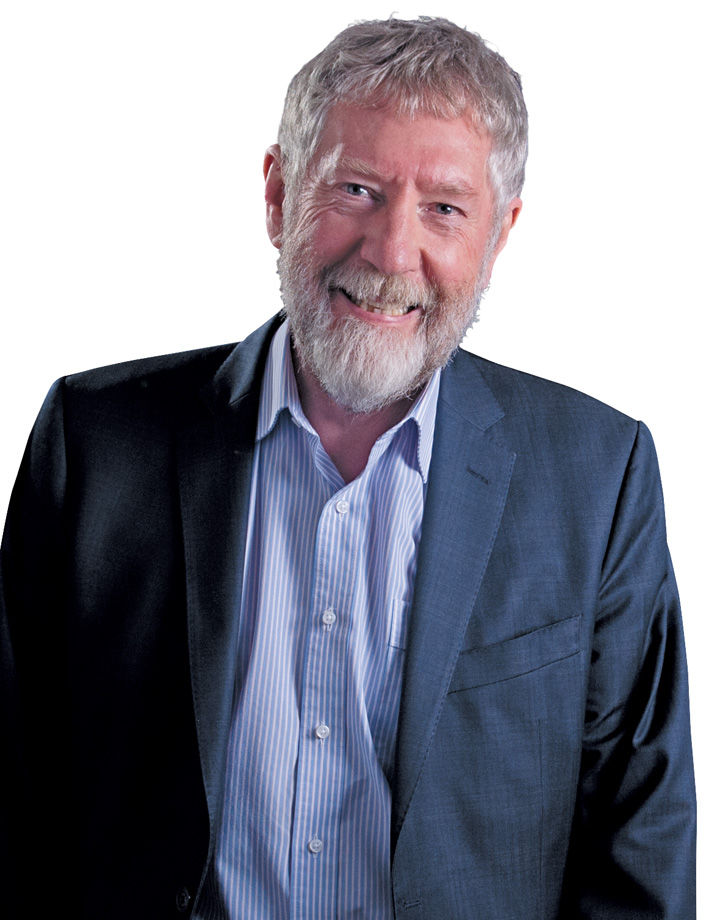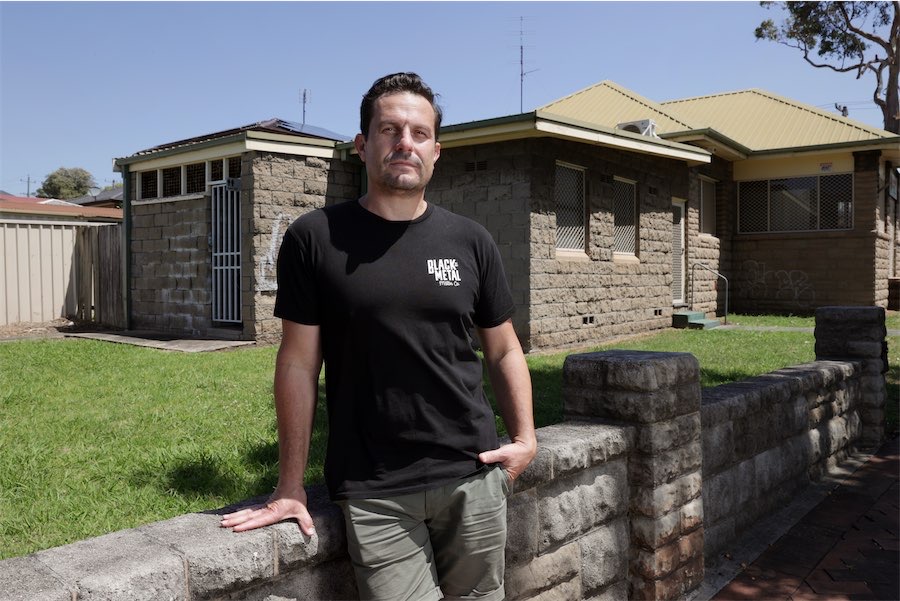
“Although the legislation is of great interest as the ACT remains at the forefront in Australia for innovative drug policy, treatment for dependency remains a key element of the approach taken for more than 30 years by successive ACT governments,” writes MICHAEL MOORE.
THE proposed legalisation of small amounts of a range of illicit drugs does not mean a free-for-all.

Pharmaceuticals, alcohol and tobacco are legal, but each has a different system of regulation to minimise the harms associated with their use. Fundamentally, drug use is a health issue rather than a criminal justice issue.
The challenge for public health is to find the right balance between maintaining appropriate availability for those who choose to use drugs at the same time as minimising the harm.
Australia has been quite successful at minimising the use and harms associated with tobacco, although much less so with regard to the regulation of alcohol.
In the past prohibition, as a method of controlling illicit drugs, has simply created many more problems than it has resolved. These include handing profits to organised crime, increasing corruption, a lack of control on quality as well as extensive health issues.
There is an agreement regarding broad drugs policy across Australian jurisdictions with the goal of minimising harmful use of all drugs.
The fundamentals of the agreement are balancing supply reduction and demand reduction with harm reduction. The greatest challenge for Australia is getting the right balance between these three concepts.
When the ACT Legislative Assembly conducted the Inquiry into the Drugs of Dependence (Personal Use) Amendment Bill 2021 the MLAs on the committee set out a series of additional tasks for the government to undertake in order for the policy to be successful.
These include specific “demand reduction” recommendations on amphetamines, cannabis, heroin and other drugs as well as recommendations on mental health support and rehabilitation.
The ACT government response, which came down on June 9, was supportive of the original private member’s Bill by Michael Pettersson, which was designed to remove criminal penalties associated with personal use of currently illicit drugs.
The proposed system is to “decriminalise small amounts of the most commonly used and best understood illicit drugs by introducing a simple drug offence notice (SDON)”.
The support from the government came with a couple of minor amendments to the quantities and specific drugs covered by the legislation. Of the 17 recommendations of the Select Committee of Inquiry, the government agreed with eight recommendations, agreed-in-principle with eight recommendations and noted one.
Health Minister Rachel Stephen-Smith pointed out that “rates of drug use are not strongly linked to levels of punishment for personal possession”. She noted that “the government’s proposed amendments will retain the list of drugs proposed in the Private Member’s Bill other than methadone, which is regulated as a pharmaceutical drug”.
A key element of the national and ACT drug policies of harm minimisation is to retain some focus on supply-and-demand reduction at the same time as keeping harm reduction as the central focus point.
Since 1992 the police have been able to exercise discretion in the application of decriminalisation. This continues with the minister stating: “By ensuring that discretion for ACT Policing is retained and that diversion is legislated and put on an equal footing with the SDON”.
Although the legislation is of great interest as the ACT remains at the forefront in Australia for innovative drug policy, treatment for dependency remains a key element of the approach taken for more than 30 years by successive ACT governments.
Stephen-Smith was quick to emphasise that the government has “invested to upgrade treatment facilities, begun the construction of new facilities and expanded life-saving programs like the needle-syringe program and primary care outreach services delivered for those most in need”.
Lack of regulation in the drug market simply means greater availability, greater use and greater harm. Prohibition has had a similar impact. The solutions are not simple.
However, all indications from international studies are that the most effective approach lies in appropriate levels of regulation that provide disincentives for users as well as those who would like to profit from such markets.
Who can be trusted?
In a world of spin and confusion, there’s never been a more important time to support independent journalism in Canberra.
If you trust our work online and want to enforce the power of independent voices, I invite you to make a small contribution.
Every dollar of support is invested back into our journalism to help keep citynews.com.au strong and free.
Thank you,
Ian Meikle, editor





Leave a Reply